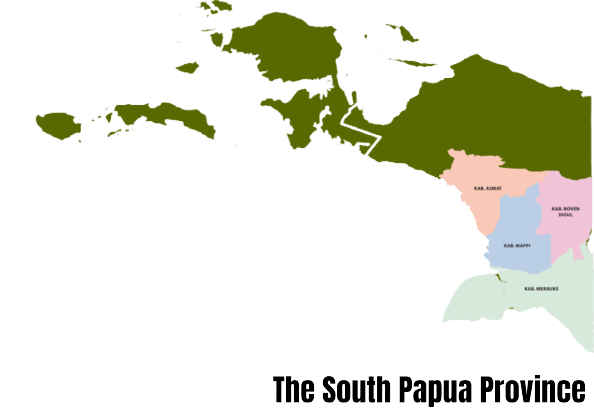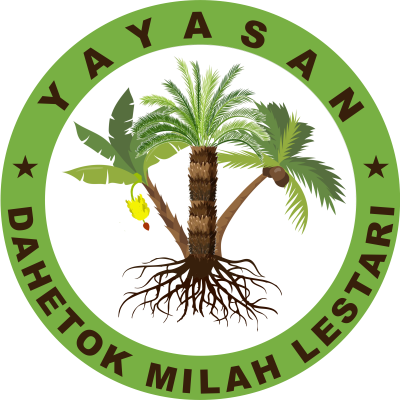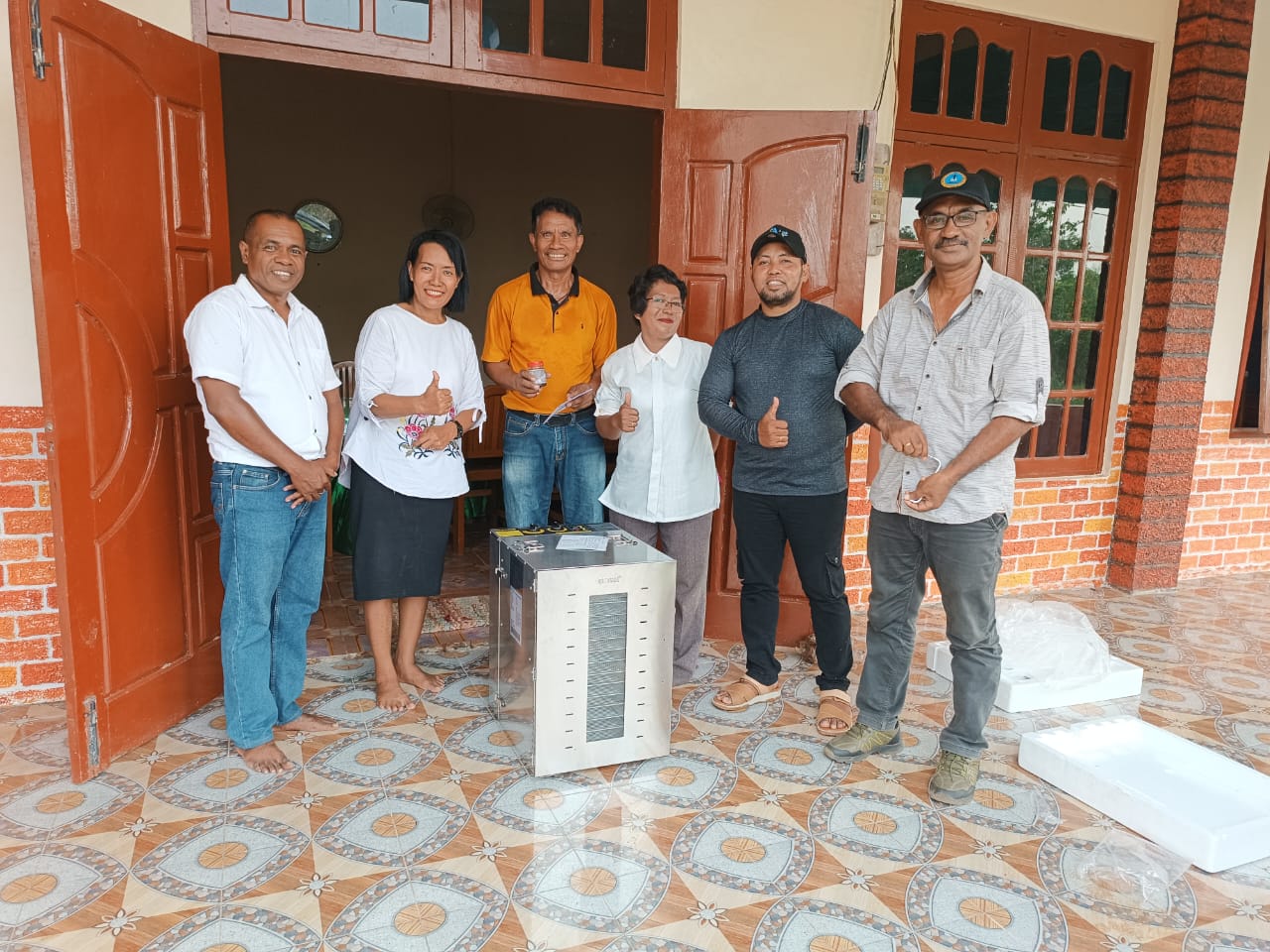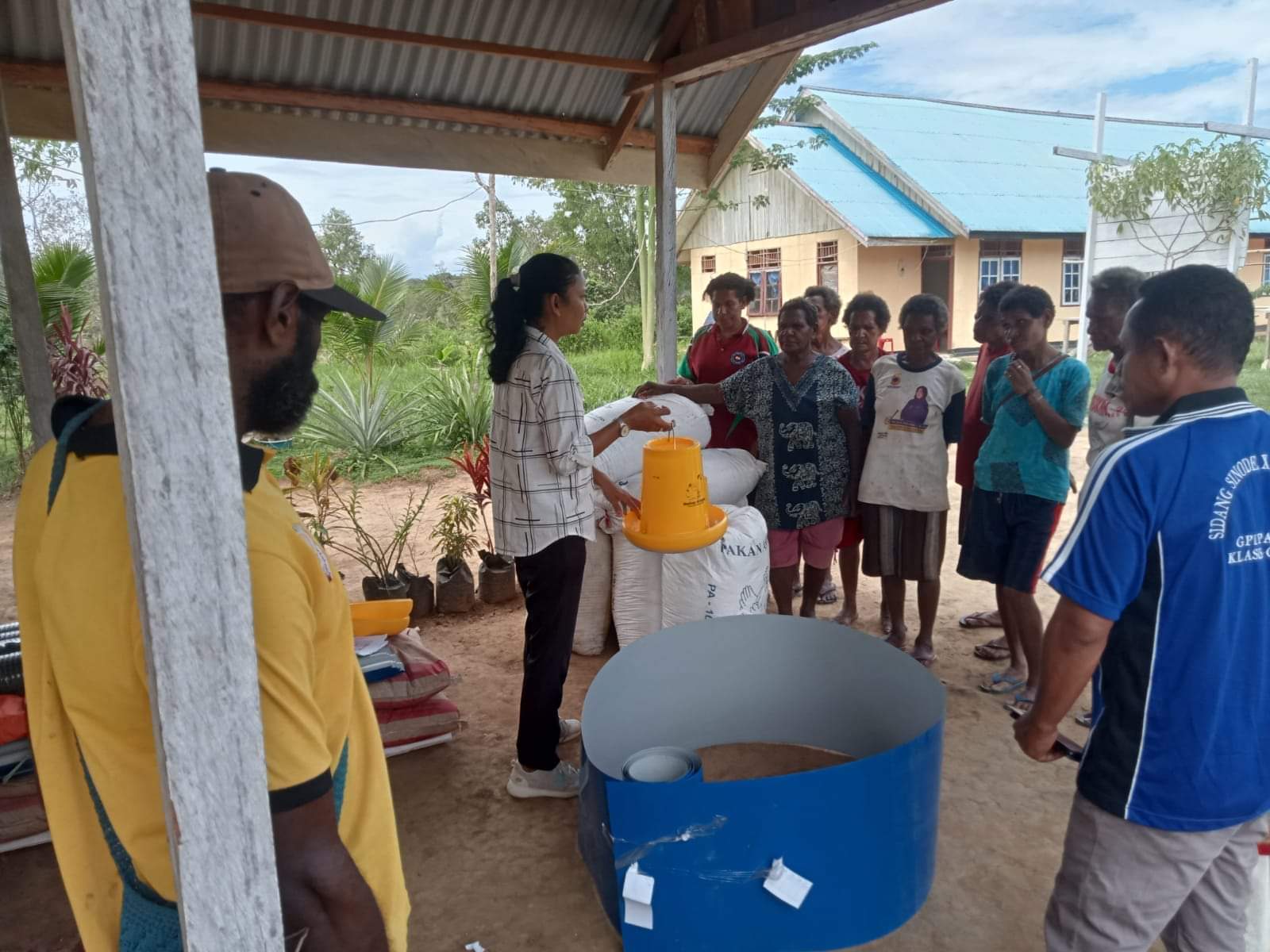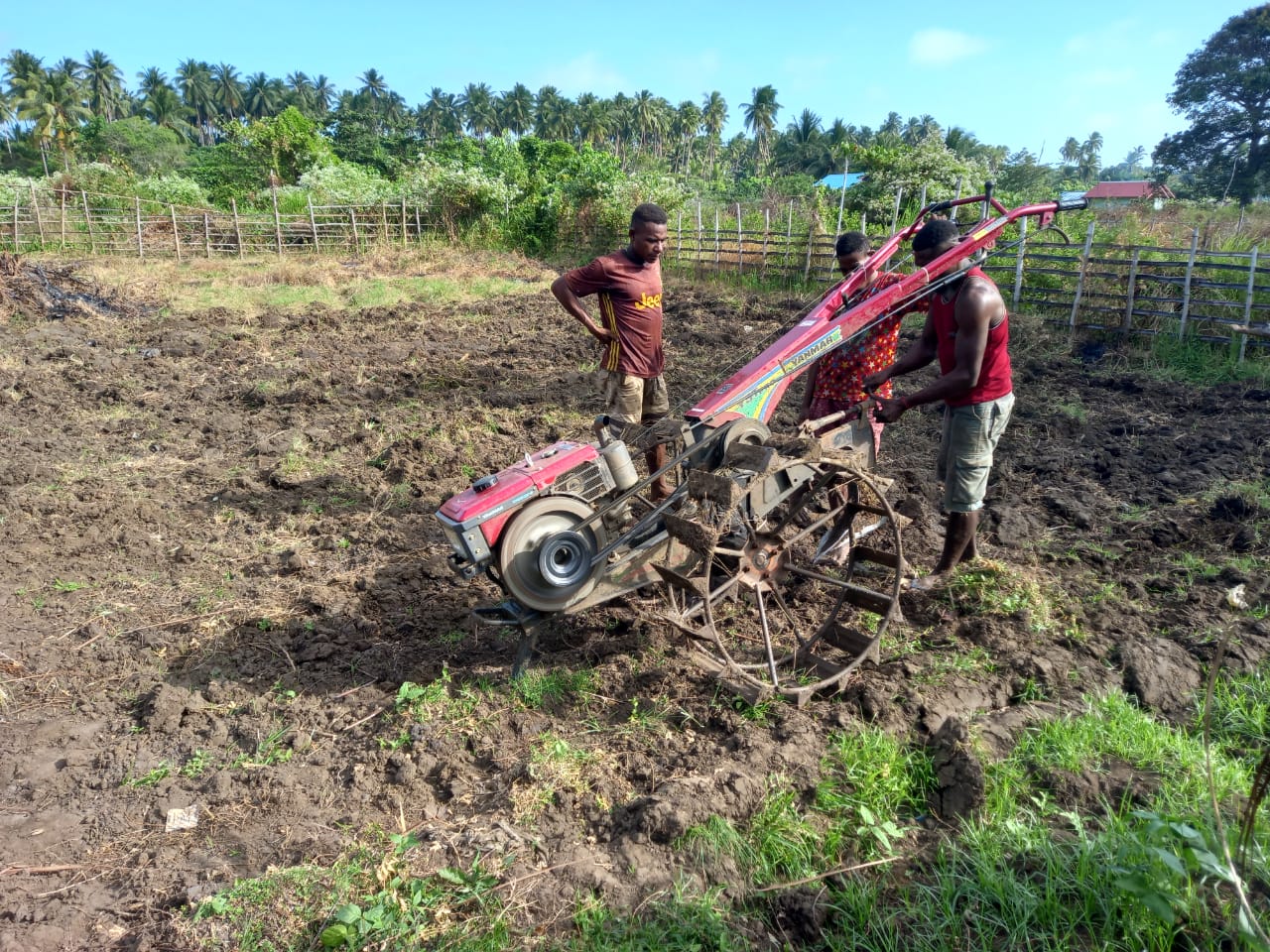Dahetokmilah
Lestari Foundation
“Dahetok Milah” is a shortened form of Malind, which means “return to the roots, soil, or nature.” When developing organic agriculture and agroforestry, the Dahetok Milah Lestari Foundation prioritises traditional Malind farming methods. Wildlife, livelihoods, and the Malind community’s health can all be restored if local values are preserved.
Who are we ?
The Dahetok Milah Lestari Foundation was created to empower indigenous communities, particularly those in South Papua. Our goal is to restore local food sovereignty by prioritizing organic farming methods and traditional farming systems in combination with modern agriculture. Additionally, we focus on forest protection and reforestation through an agroforestry approach, hoping to regrow the forest with various trees and food forests.
We assist indigenous communities in South Papua by providing training, developing local products, connecting communities with market access or consumers, and selling products outside the country. Our programs equip farmers with knowledge and skills while recognizing the crucial link between nutrition and agriculture.
Impact In Number
Our efforts yield tangible and quantifiable benefits for South Papua farmers, women, and youth.
Our Areas of Intervention
We chose the Southern Papua Region as the intervention area for the Community Empowerment Program Through Organic Farming And Agroforestry because it is an agricultural base area in the Merauke, Boven Digul, and Mappi Regions, and various local foods such as coconut, banana, and sago are spread throughout the region. Meanwhile, the base in the Asmat area is agarwood. Second, our office is in Merauke, which will make it much easier to provide assistance, training, monitoring, and evaluating programmes with various stakeholders.
